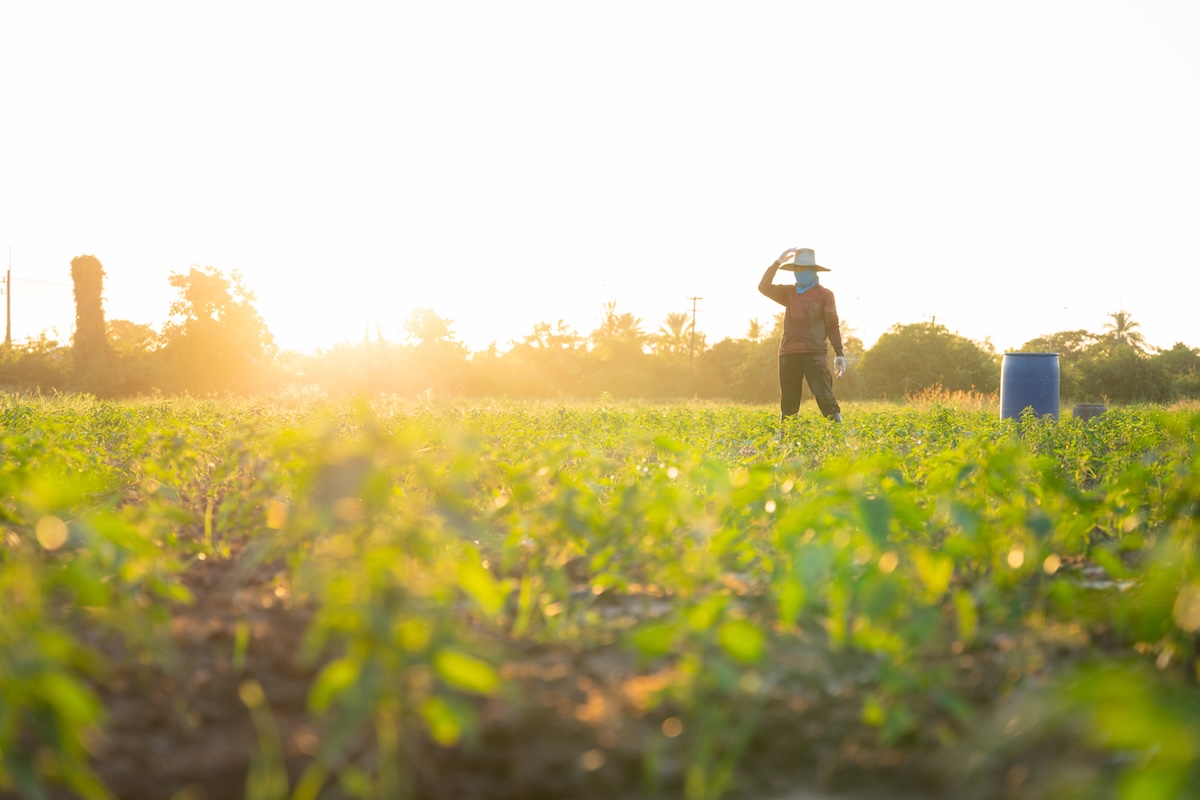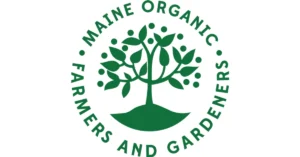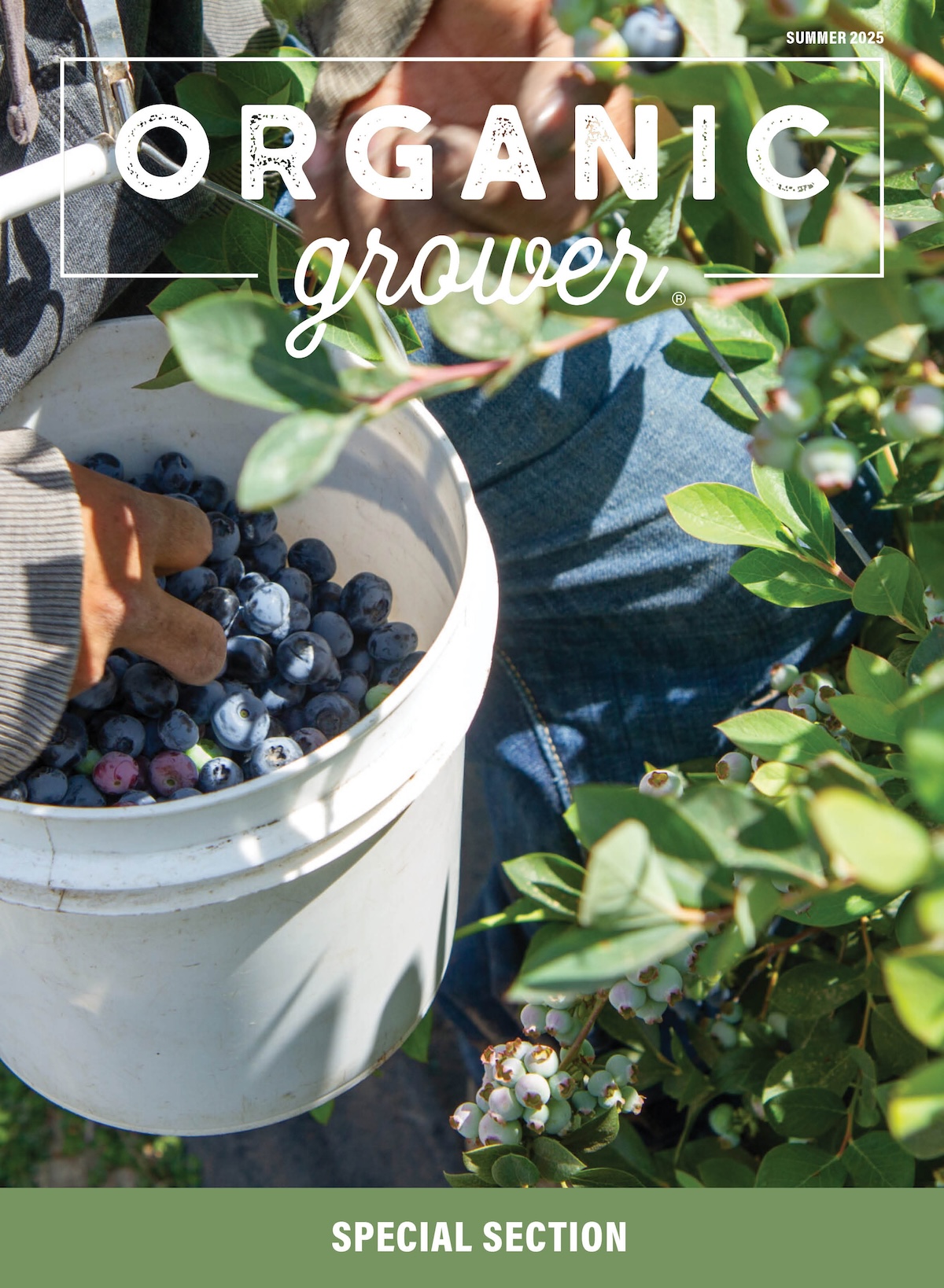
Aug 20, 2025
Report finds organic farming in Maine sees gains, setbacks
Maine’s organic agriculture sector saw notable growth from 2007 to 2022, but recent years reveal mounting challenges, according to a new report from the Maine Organic Farmers and Gardeners Association (MOFGA).
 According to the MOFGA report, organic product sales more than doubled — up 110% from $23,315,000 in 2007 to nearly $50 million in 2022. Average revenue per certified organic farm climbed 188%, from $40,060 to $115,329. The total economic impact, adjusted for inflation, rose 14% to reach $74 million in 2022, compared with $65 million in 2007.
According to the MOFGA report, organic product sales more than doubled — up 110% from $23,315,000 in 2007 to nearly $50 million in 2022. Average revenue per certified organic farm climbed 188%, from $40,060 to $115,329. The total economic impact, adjusted for inflation, rose 14% to reach $74 million in 2022, compared with $65 million in 2007.
Yet these gains mask underlying declines. The number of certified organic farms decreased 27% — from 582 in 2007 to 425 in 2022 — and recent years have seen sharp drops in acreage, sales, and the number of young farmers and those listing farming as their primary occupation.
Growth was followed by contraction, the report says: “Growth followed by decline: Maine’s certified organic agriculture sector experienced significant growth … from 2007 to 2017, followed by a decline from 2017 to 2022.” The downturn is unique to Maine; organic farming in the U.S. and Northeast, and overall farming revenue in Maine, continued to grow over the same period.
Economic shifts span multiple sectors. Sales dropped across the three largest categories — dairy, vegetables and “other crops” like hay and maple—while sectors such as fruit, nursery, grain and poultry experienced gains.
Farmers reported clear priorities and obstacles. They “want to stay farming” and aim to improve incomes and quality of life through diversification, more on‑farm sales, infrastructure investments, season extension and scaling up. But they face significant barriers, chief among them “climate change and the availability and affordability of labor.”
Financial sustainability remains elusive. Many farms struggle to cover expenses, loan payments and owner’s draw. The report notes that Maine’s organic farms face a 33% labor‑cost‑to‑sales ratio.
Still, opportunities exist. Programs like Maine Harvest Bucks and Mainers Feeding Mainers are expanding and represent potential avenues for growth.
The report urges MOFGA to deepen its policy engagement and programming, investigate the reasons behind the decline in certification, track the impact on uncertified farms and regularly update the report to monitor progress, all with the goal of supporting Maine’s organic agricultural community









